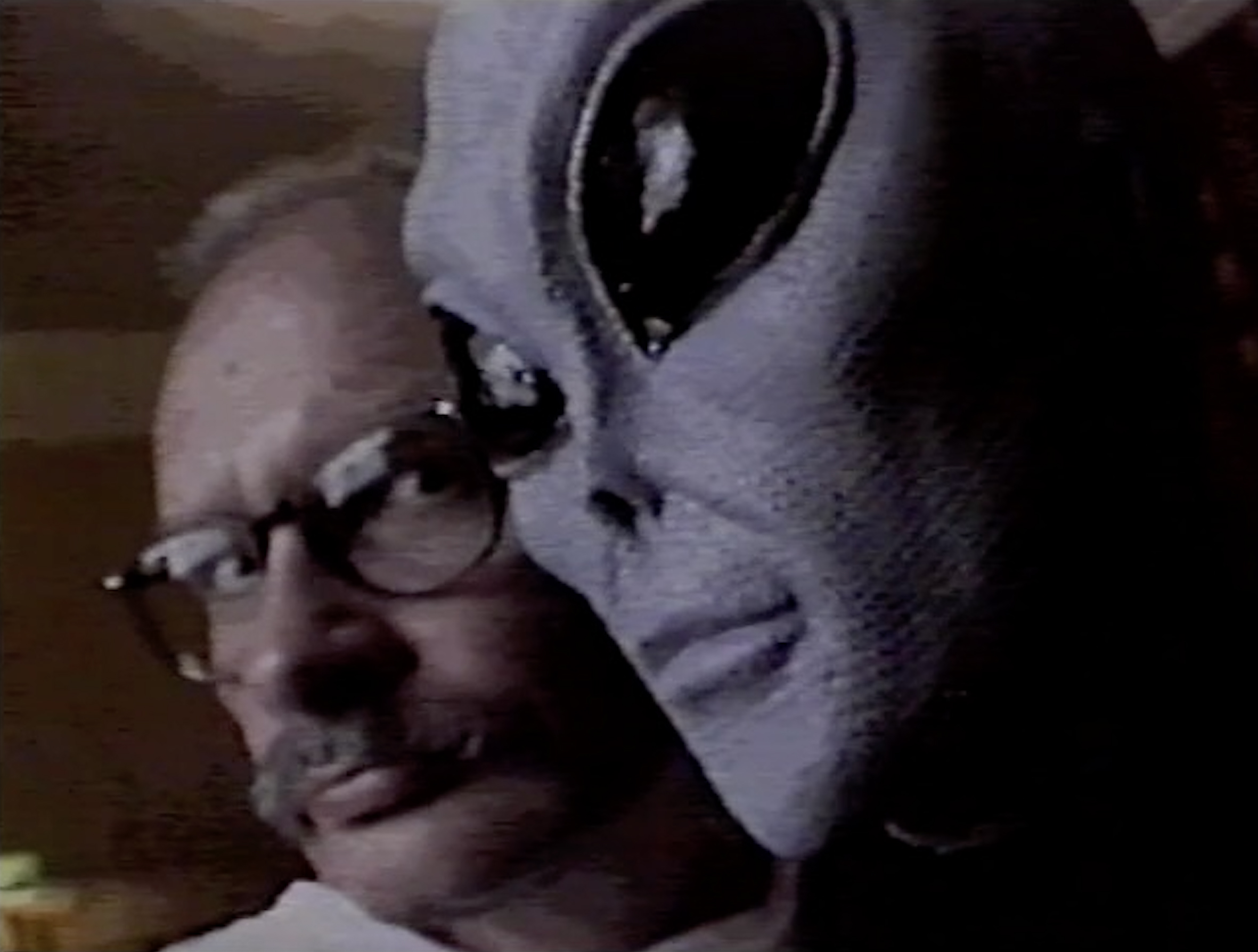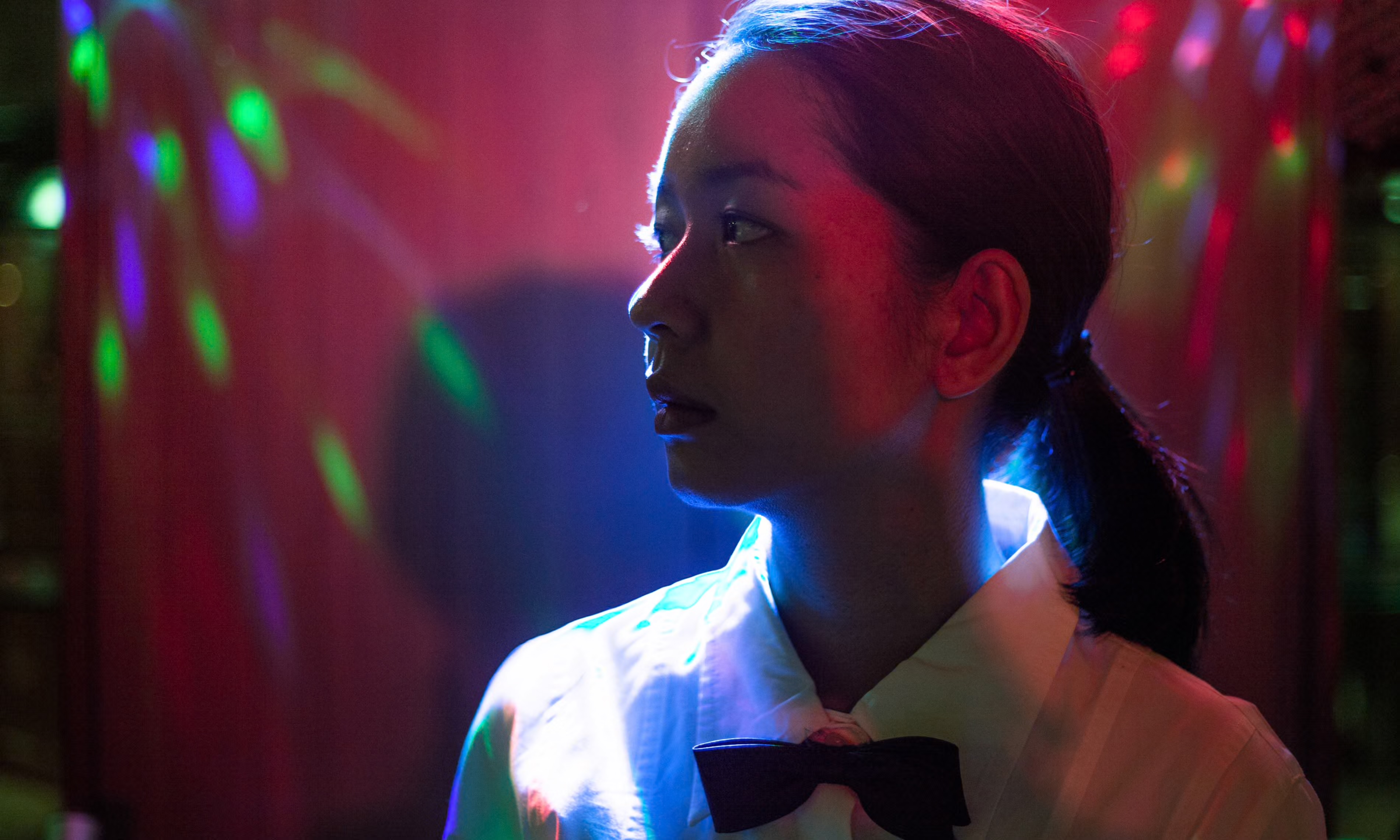New York 10002
USA
Join us at e-flux for our February programs featuring Jonathan Beller, Sebastian Franklin, Luciana Parisi, Jalal Toufic, and Walid Raad.
Program
New York book launch: Jonathan Beller, The Message is Murder
Featuring an intoduction by the author and a response by Sebastian Franklin
Wednesday, February 14, 7pm
Written as a wake-up call to the field of media studies, Jonathan Beller's The Message is Murder: Substrates of Computational Capital (Pluto Press, November 2017) analyzes the violence bound up in the everyday functions of digital media. At its core is the concept of “computational capital”—the idea that capitalism itself is a computer, turning qualities into quantities, and that the rise of digital culture and technologies under capitalism should be seen as an extension of capitalism's bloody logic.
e-flux lectures: Luciana Parisi, “Digital Automation and Transcendental Instrumentality”
Friday, February 23, 7pm
Livestream: e-flux.com/live
What is the medium of thought today? If the post-Kantian critique of technology saw in the means of thinking (from writing to cinema) the promise of an anti-metaphysical image of thought, how can the critique of the digital address the medium of thought beyond the sheer instrumentality of mindless networks of decision-making? By reference to computational design, it will be suggested that the big data explosion subtending our mediatic infrastructures requires a critique of technology that refuses the image of singularity. As computational design thinking has exposed the limits of human reason (notational modelling and deductive planning), it has also entered the logic of the machine, experimenting with its inhuman aesthetics and perhaps mediatic metaphysics.
Double Feature: Alfred Hitchcock's Vertigo and Jalal Toufic's Vertiginous Variations on Vertigo
Monday, February 26
4pm Screening of Alfred Hitchcock, Vertigo (129 minutes, 1958)
6:15pm Intermission
7pm Screening and discussion with Jalal Toufic, Vertiginous Variations on Vertigo (110 minutes, 2016)
“Vertiginous Variations on Vertigo (110 minutes, 2016) is the third of a trilogy of films I’ve made in relation to three Hitchcock films, the first two being Variations on Guilt and Innocence in 39 Steps, 2013, which investigates The 39 Steps; and Mother and Son; or, That Obscure Object of Desire (Scenes from an Anamorphic Double Feature), 2006, which views Sokurov’s Mother and Son from the standpoint of Psycho. The film composes a variant of Hitchcock’s Vertigo in which, among other things, Scottie’s drive for reenactment and repetition is not satisfied once he has made Judy look exactly like the beloved he lost, Madeleine.”
—Jalal Toufic
New York book launch: Jalal Toufic, What Was I Thinking?
Lecture by the author and conversation with Walid Raad
Wednesday, February 28, 7pm
“What is the most appropriate question to ask a thinker? Is it not: ‘What were you thinking?’ (the title of one of my previous books). What is a common response to a thinker’s answer to that question? Is it not: ‘What were you thinking?’—an exclamation echoed at times by his or her own ‘What was I thinking?’ Yes, it is not only (rare) others who ask a thinker, ‘What were you thinking?’; it is also the thinker who asks himself or herself, ‘What was I thinking?’ (someone who never asks himself or herself this question is not a thinker). Why would a thinker ask himself or herself this question? He or she could ask it after undergoing memory loss as a result of attempting to think another’s/others’ thought-provoking trauma or something thought-provoking that ends up, through a series of associations, linking with a personal trauma; or coming up with an ostensibly counterintuitive rigorous concept that takes him or her aback, especially in moments of weakness, when he or she resumes being exoterically all too human—what was I thinking when I considered that the visionary is faceless; that Oedipus gave ground on his desire; that Jesus was crucified not in Jerusalem circa 30 but in Baghdad in 922; that the resurrected brother of Mary and Martha resurrected God; et cetera?”
—Jalal Toufic, What Was I Thinking? (e-flux journal-Sternberg Press, October 2017)
Admission if free; no RSVP necessary. Seating is first come, first-served. For a list of our upcoming programs, visit our website. For more information, contact program@e-flux.com.
e-flux lectures now available for viewing on e-flux Video & Film
e-flux lectures: Malik Gaines, “A History of Impossible Progress”
e-flux lectures: Doreen Mende, “The Navigation Principle: Slow Image”
e-flux at MoMA: “Russian Cosmism: A Work of Art in the Age of Technological Immortality”
With Boris Groys, Hito Steyerl, Arseny Zhilyaev, and Anton Vidokle
e-flux Architecture: “History/Theory”
With Samia Henni, Nikolaus Hirsch, Mark Jarzombek, Reinhold Martin, Spyros Papapetros, Meredith TenHoor, Philip Ursprung, and Anthony Vidler
TOXIC ASSETS: Frontier Imaginaries Ed.No3 at e-flux
Day 1: Toxic Languages; Day 2: Toxic Properties: Part 1: Frontier Properties, Part 2: Volatile Properties, Part 3: Vital Properties, Part 4: Rebellious Properties; Day 3: Toxic Sovereignty
e-flux podcasts available for listening on iTunes, Spotify, and Soundcloud
Immortality for all: Anton Vidokle on cosmism
e-flux founder, journal editor, and artist Anton Vidokle discusses cosmism with Kaye Cain-Nielsen, editor-in-chief of e-flux journal.
Elizabeth A. Povinelli on the four axioms of critical theory
Elizabeth A. Povinelli discusses four axioms of critical theory in response to her presentation, “Toxic Assets the the Extimacy of Existence,” from Frontier Imaginaries Ed.No3 at e-flux. In conversation with journal editor Stephen Squibb.
Vivian Ziherl on Frontier Imaginaries, Toxic Assets, and The Fourfold Articulation
Vivian Ziherl discusses her curatorial platform Frontier Imaginaries on the occasion of TOXIC ASSETS: Frontier Imaginaries Ed.No3 at e-flux, Columbia University, and UnionDocs in October 2017. In conversation with journal editor Brian Kuan Wood.
McKenzie Wark on the fate of art collecting in the digital age
McKenzie Wark on his essay, “My Collectible Ass,” published in e-flux journal #85 (October 2017). In conversation with journal editor Stephen Squibb.










